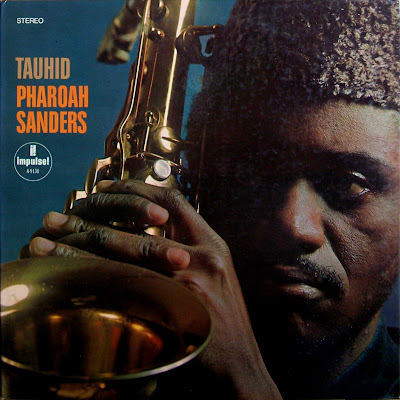Label:
MU Records – MU 1001
Format:
Vinyl, LP / Country: US / Released: 1988
Style:
Experimental, Jazz-Rock, Free Improvisation
Side
A recorded live at the Court Tavern, N.B., N.J.
Side
B recorded live at CBGB's N.Y.C., except Trinity Rain recorded
at
Trinity College, Hartford, Conn.
All
tracks improvised
Cover
design by – Thi Linh Le
Produced
by – Robert Musso
Engineered
by – Tom Ruff
Mastered
by – Howie Weinberg
℗ 1988 MU Records / Printed in Canada
Matrix
/ Runout (A-Side Runout, Etched): MU 1001 SA QΔ 1-1
Matrix
/ Runout (B-Side Runout, Etched): MU 1001 SB QΔ-X 1-1
side
1:
A1
- In Court .............................................................................................................
5:53
A2
- The Opening Of Entry .......................................................................................
3:30
A3
- Fancy Products .................................................................................................
3:46
A4
- Prancing In Your Bed ........................................................................................
4:48
A5
- Dive ...................................................................................................................
3:50
side
2:
B1
- Myffy's 1st Date ................................................................................................
2:49
B2
- The .8 Factor ....................................................................................................
3:58
B3
- One For The Chipper ........................................................................................
2:04
B4
- Trinity Rain ........................................................................................................
3:21
B5
- Hierocryptics .....................................................................................................
5:52
Personnel:
Thomas
Chapin – saxophone, flute
Robert
Musso – guitar, 6-string bass, electronics [ambient tapes]
Jair-Rohm
Parker Wells – electric bass
Bil
Bryant – drums [acoustic and electric drums]
John
Richey – electronics [vocal cut-up's, tapes]
with
guests:
Sonny
Sharrock – guitar
Karl
Berger – melodica, voice
Thomas Chapin (March 9, 1957 – February 13, 1998) was an American composer and saxophonist/multi-instrumentalist. Though primarily an alto saxophonist, he also played sopranino, as well as soprano, tenor, baritone saxes and flute.
Many
of his recordings as a leader featured his trio with drummer Michael Sarin and
bassist Mario Pavone, occasionally joined by guests, as well as founding
Machine Gun, a free-funk-free-jazz-rock band with guitarist/producer/engineer
Robert Musso.
Chapin
studied with Jackie McLean and Paul Jeffrey.
Chapin
died of leukemia three weeks before his 41st birthday. He last played two weeks
before his death, at a benefit concert.
Karl
Berger / Sonny Sharrock
For
all practical purposes, this is the very first Machine Gun record, comprised of
two live performances in New Jersey and New York. Machine Gun was a band that
played hybrid forms of rock, jazz, and funk, all from an outsider's
perspective. Personnel were the late saxophonist Thomas Chapin, guitarist
Robert Musso, drummer Bill Bryant, bassist Jair-Rohm Parker Wells, and vocalist
and electronic cutup artist John Richey. Special guests on these dates included
the late guitarist Sonny Sharrock and Karl Berger (melodica, voice). From the
opening skronk of "In Court," it's obvious that Machine Gun plays
high-energy, visceral music. There are riffs and form, but lots of
improvisation follows that form, and mutates it further into other forms.
Feedback, tape manipulation, and hard rock and punk attitude are at the heart
of the Machine Gun approach to music and noisemaking. On "Fancy
Products," a striated funk riff is wound around itself and a vocal until
it becomes a harmolodic jazz riff that collapses in on itself before remerging
as a colossal free improv jam where Chapin and Musso trade out eights for the
remainder.
On
the New York CBGB's date, which covers the latter half of the disc, percussion
and guitars create sparkling shards of rhythm as Berger plays a melodica
through the center of "Muffy's 1st Date," turning around a small
lyric idea until it gradually expands out to involve the entire band in its hypnotic
simplicity. Here again, there is little refinement to the approach -- just an
insistence on energy and forward thrust as the dynamic range collapses by the
seventh or eighth track. This is very interesting.... and performance promise
incredible sense of space and sounds, and in the end you get it all in the best
possible manner .... Great album!
(Review
by B. Bismount)
If you find it, buy
this album!






































